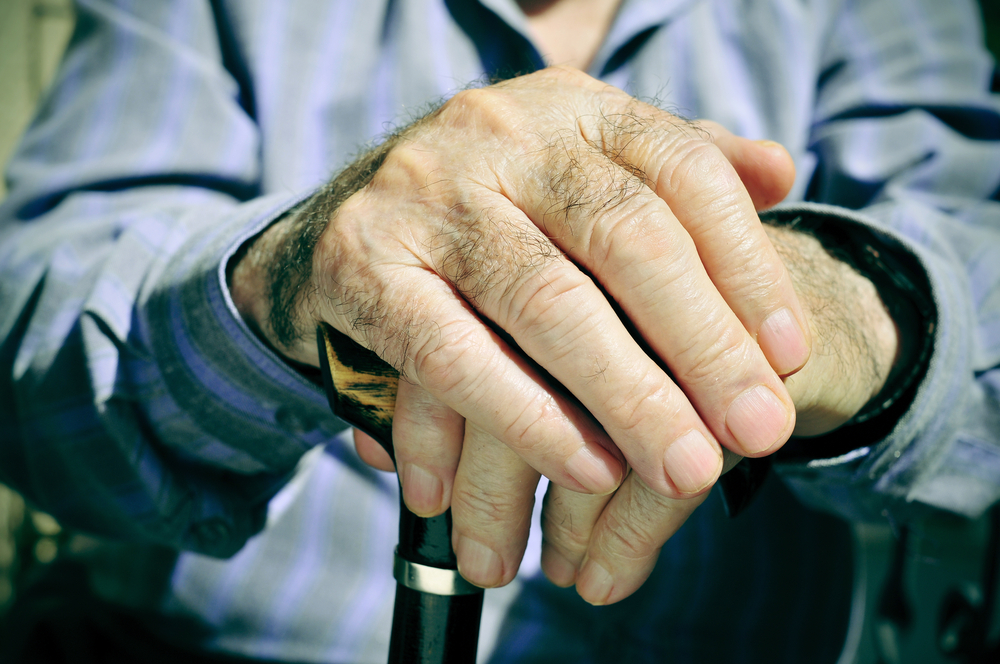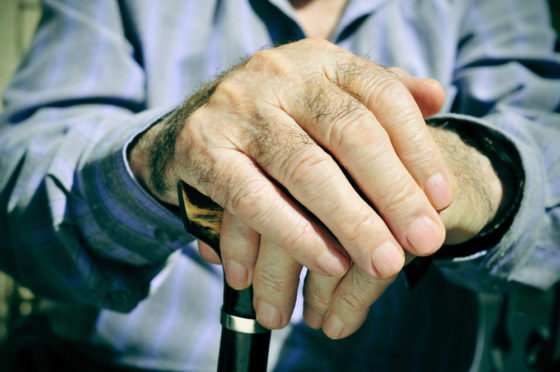Dutch consortium aims to boost early detection and treatment of Alzheimer’s


A public private partnership made up of 30 hospitals, insurance companies, charities and high tech medical equipment maker Philips has been set up to boost the diagnosis and personalised treatment of Alzheimer’s disease.
Aboard, as the consortium has been dubbed, will have some €8.8m to spend over the next five years, of which €5m will contributed by the health and economic affairs ministries.
The project forms part of the national dementia strategy which was launched last year. Some 300,000 people are suffering from some form of dementia in the Netherlands and an ageing population means that their number is expected to grow to half a million in 20 years’ time.
Care for people with dementia is putting public health and care services under pressure. ‘It’s is an urgent problem,’ head of the Amsterdam UMC’s Alzheimer centre Wiesje van der Flier told the Financieele Dagblad. ‘Every partner I approached was interested in participating. Such a broad alliance is typical for a small country such as the Netherlands.’
Van der Flier said the project will only be a first step but that the momentum for the needed major investment is there and needs to be encouraged.
The early detection of Alzheimer’s – it is sometimes decades before it becomes apparent – has been the biggest breakthrough in the battle against the disease, Van der Flier said, and the project will be building on this.
Increasing awareness of how changes in lifestyle could delay or even prevent the disease will also be focused on while more precise predictions of how the disease will develop can help to devise personalised treatments.
Another important goal is to encourage the public discussion about Alzheimer’s, as has happened with cancer, Van der Flier said. ‘We are 30 years behind in that area,’ she said.
Start-ups
Start-ups also form part of the consortium. Amsterdam-based company Neurocast analyses typing behaviour via a smartphone keyboard of their design which can already show up early signs of multiple sclerosis. The company hopes to move on from monitoring to the diagnosis or even the prediction of brain disease.
‘As an innovative player we are very happy to find ourselves in the company of such renowned scientists and big companies,’ Neurocast founder Erwin Redeman said.
The company is contributing manpower and technology for free. ‘In exchange we will be able to adapt our models to the detection of Alzheimer’s and be at the forefront of developments.
Thank you for donating to DutchNews.nl.
We could not provide the Dutch News service, and keep it free of charge, without the generous support of our readers. Your donations allow us to report on issues you tell us matter, and provide you with a summary of the most important Dutch news each day.
Make a donation